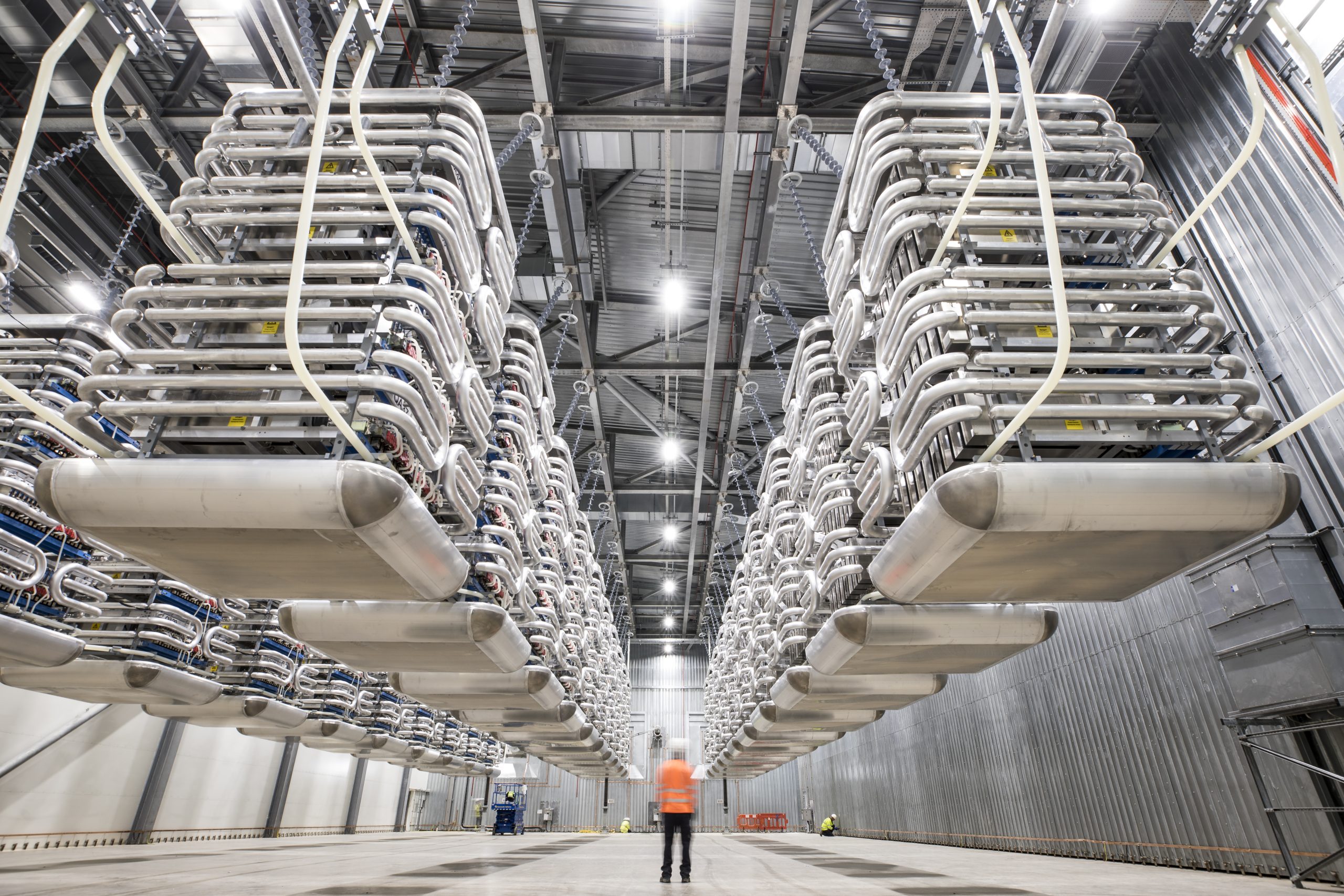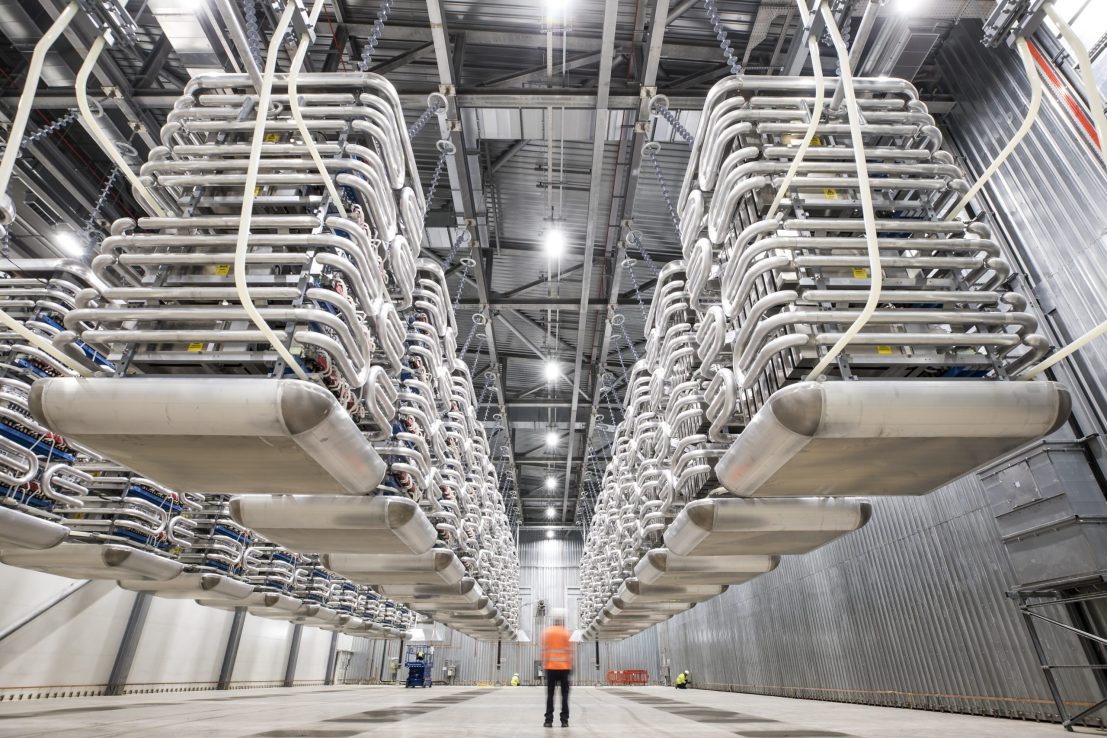UK’s largest electricity transmission project to get £3.4bn in funding, Ofgem says
A mega project to build an electricity "superhighway" cable link between Scotland and Yorkshire is to receive £3.4bn.


A project to build a 500km electricity “superhighway” cable linking Scotland and Yorkshire is to receive £3.4bn in funding, Ofgem has announced.
The Eastern Green Link 2, hailed as the “UK’s single largest electricity transmission project ever,” could power up to 2m homes in the North and will run between Peterhead in Aberdeenshire and Drax in North Yorkshire.
It is the second project to be announced Ofgem’s so-called Accelerated Stretegic Transmission Investment (ASTI) framework. The ASTI aims to speed up the delivery of large-scale energy projects in order to boost the amount of electricity generated for British consumers by offshore wind.
The 2GW EGL2 is one of 26 projects identified so far to be critical to meeting the UK’s target of 50GW offshore wind capacity by 2030.
It is being developed under a joint venture between National Grid and SSEN Transmission, while a slew of companies including Hitachi have signed contracts to supply cable and converter stations
Most of the cable will run under the North Sea, with the remaining 70km buried underground onshore.
Rebecca Barnett, Ofgem Director of Major Projects, said: ”To ensure we meet future energy demand and achieve government net zero targets we must speed up the expansion of the high voltage electricity network which connects consumers to homegrown energy.”
Speaking on the ASTI, Barnett said: “However just because we’ve streamlined the approval process doesn’t mean we’re handing developers blank cheques. The ASTI framework helps ensure consumers are protected from unnecessary costs and we make budget adjustments where we don’t see maximum efficiency and benefit for consumers.”
The project will be financed by the developers, with costs later recouped through bills, Ofgem said in a statement on the London Stock Exchange. It added it had identified £67m so far that could be cut from indirect costs without impacting the project’s delivery.



